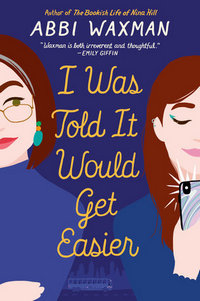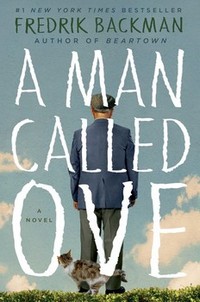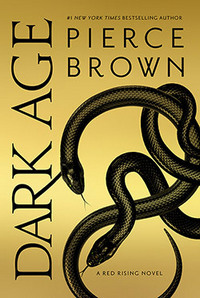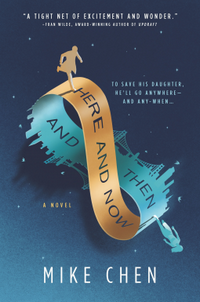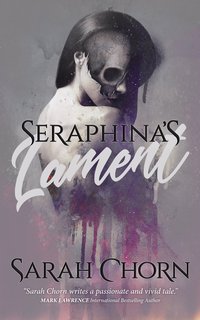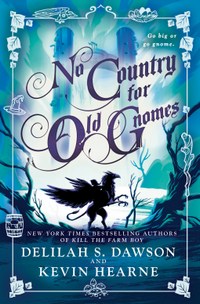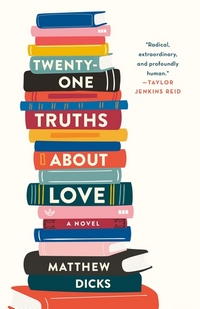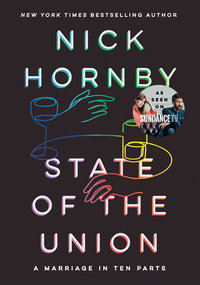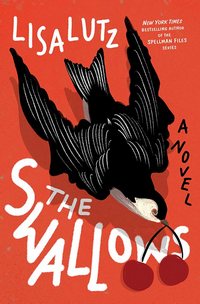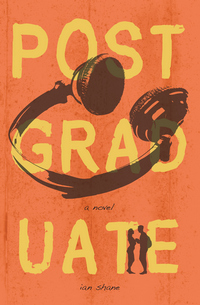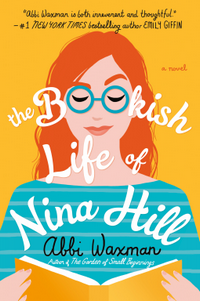by Abbi Waxman
DETAILS:
Publisher: 9780593198766
Publication Date: May 16, 2022
Format: Paperback
Length: 374
Read Date: June 2-4, 2022


“My name is Laura Costello, and I’m having a bad day.” She realized that made her sound like a member of a twelve-step group with an extremely low requirement for membership, but it’s what came out.
What’s Adult Assembly Required About?
This is not the most auspicious way to meet your protagonist—she’s in a new city, she knows nobody, and is about a month away from starting grad school, so is in kind of a limbo—waiting to start the next chapter in her life when her apartment burns up (with everything she owns) and she’s caught in a massive rainstorm before stumbling into Knight’s bookstore.
Thankfully, Knight’s is just the right place for someone to stumble into—not only will you find a great selection of books and people to help you find the right one, (at least in this case) they’ll take you in, get you a towel, a cup of tea, befriend you, and will help you find a place to live—the illegal boarding house that one of their staff lives at has an opening.
Maggie Morse is a widowed therapist, her children have moved out, so to fill up her house, she rents out as many rooms as she can—once Laura moves in, that total is five boarders, two dogs, and a cat. All are just a wee bit eccentric, which is just what Maggie wants—to fill her life with interesting people. The 80s sitcom just begs to be made, doesn’t it?
She and Laura hit it off, and Laura moves in. We quickly learn that today isn’t the only bad day that Laura’s had—she’d had a couple of years’ worth of them and has moved to L.A. for a fresh start as well as graduate school (she could’ve stayed in NYC for that, but her overbearing family and her ex-fiancé are there).
And from this point? Well, life—and possibly love—ensues.
No Islands, No Rocks
If The Bookish Life of Nina Hill was about finding and understanding family (while finding love), Adult Assembly Required is about friendship and its power to help you define yourself and your place in the world—alongside, or possibly in place of, family—(while possibly finding love).
It’s not just about Laura’s new friendships—there are so many layers of overlapping, intertwined, and free-standing friendships of various levels of closeness throughout this book it’d be nearly impossible to diagram. You could really excise (or ignore) the romantic plots within this and it’d still carry a heavy emotional impact.
Study after study, article after article, book after book talks about how disconnected Americans are today, that people are lonely and isolated—even those in close-knit families feel this way—that we need friends, friend-groups, and social connections outside the home. And to see all of these strong friendships and the impact they have on the people involved—topping it with how Laura’s life changes for the better and she becomes stronger because of and as she develops friends? It’s fantastic to see. You want to be friends with some/all of these people.
I’ve got nothing against a decent love story (over one book or a series), teams/partners working together are great, and there are plenty of great rugged individuals all over the literary landscape. But there’s something special about healthy and solid friendships.
The Nina Hill of It
“…I’m not a big Halloween person.”
“Not even Reese’s peanut butter pumpkins? They’re the best of the shapes,” said Nina. “It’s the perfect ratio of chocolate to peanut butter.”
Laura looked at Nina with interest. “You really do spend a lot of time thinking about things, don’t you?”
“‘Fraid so,” said Nina cheerfully, nodding. “It’s what keeps me from gnawing my own fingernails off.”
I was a little apprehensive about the idea of revisiting Nina Hill—that book was just so good, and we left her in the perfect place—a good chance of a Happily Ever After, a fresh start with her family, and her vocation/life purpose was revitalized and re-energized. Why disturb or revisit that?
But in making her a supporting character—Waxman gets to give fans (and, I expect, herself) some more time with this delightful character, but doesn’t have to jeopardize anything from the ending of The Bookish Life, because the focus is on Laura along with Polly and Impossibly Handsome Bob. Nina is just one more of the eccentric characters that Laura encounters in L.A. and as she becomes a friend she helps Laura—but the agency, the interest for the reader is on Laura.
I wasn’t sure I wanted anything like it, but now I’m fully on board with the idea of a Nina Hill Extended Universe and hope Waxman will return to it frequently (but not necessarily exclusively).
Only Missing Taylor Doose
One of the most impressive things that Waxman did in this book (and to an extent in The Bookish Life was making this little area of L.A., Larchmont, feel like a small town—not just a small town, but an idyllic small town like Stars Hollow.
It’s still in LA—with the traffic, weather, intricate highway systems, and questionable public transit—but in at least this one area it’s a community. Neighbors help and support each other’s businesses, know who the quirky people are, go to street fairs, have a Booster Club that’s apparently effective, et cetera.
I’m sure there are real communities scattered about in larger cities like L.A., but this feels different—yet believable.
So, what did I think about Adult Assembly Required?
I’ve tipped my hand already, here, I’m sure. But I loved this. By the time I’d read four pages I’d laughed enough that my daughter was giving me a look from the other side of the room. That settled down a bit as I re-acclimated to Waxman, but the book stayed as engaging and witty from there.
Waxman’s narrative voice is the real star of this book—Polly’s a fantastic character, ditto for everyone else in Maggie’s house, I’d love more time with Polly’s grandmother, and the assorted cats and dogs* are fantastic—but I’d be more than willing to read a version of this book without any of them just to read this narrative voice. It’s chatty, it’s snarky, and it’s still a reliable third-person omniscient. One day, I may be able to define the je ne sais quoi to define what it is about this voice that makes it so special, but until then I’ll just enjoy it (and not really care if I can describe it).
* Ugh. The pets! I forgot to write anything about the pets! Especially Daisy the pug. I don’t have time, and this post is too long anyway. They’re all pretty great, even the cats. But Daisy is magic. Am thinking of starting a petition calling for Book 3 in the NHEU to be about her.
I’ve spent a lot of time talking about everything but Laura Costello. Primarily because I don’t know how I could do so without making you reading the book irrelevant, once I start, I don’t know that I would know where to stop. From the moment you see her in the bookstore and hear about her bad day, you want to see her have a good day. When you do see that, you want to see more of them—and you want to see her put herself in positions to have many more of them. And as she has them, you want her to have even more.
She took some hard and important steps to put herself in L.A.—but those aren’t enough. She has more work to do (I don’t think she realizes how much more), and she needs support to get it done. The remarkable thing is that she gets that support, she’s surrounded by it, when she realizes her need—these friendships enable her to get to the point that she can see her need. And (very importantly), it’s not one-sided, she’s able to give support and encouragement and prodding even as she receives it.
Impossibly Handsome Bob is probably also Impossibly Good. But who cares? He’s just fun to read about, especially as he reacts to Laura.
Adult Assembly Required is funny, it’s sweet, it’s heartwarming, and will make you feel good all over. I canceled a thing or two and shuffled around my plans so I could find more time to read this because I just didn’t want to stop once I started (and didn’t regret it!). I’m not promising you’ll have the same reaction, but I don’t see why you wouldn’t have one like it.

This post contains an affiliate link. If you purchase from it, I will get a small commission at no additional cost to you. As always, opinions are my own.


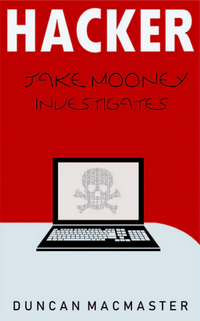
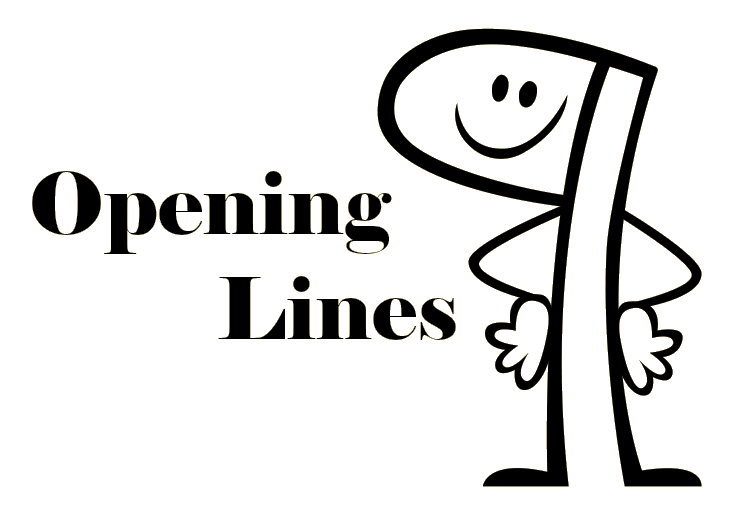


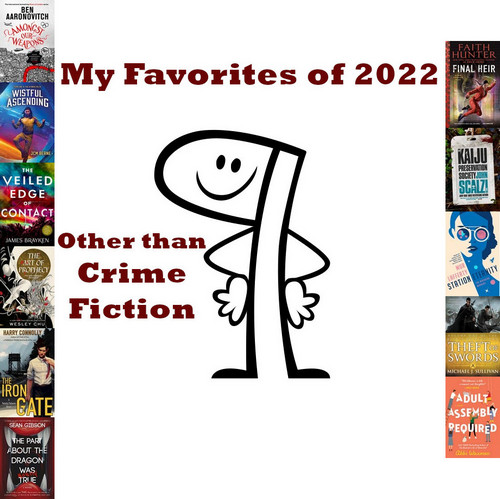
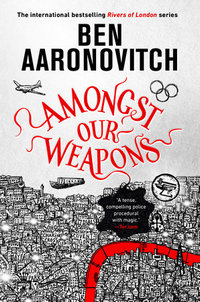

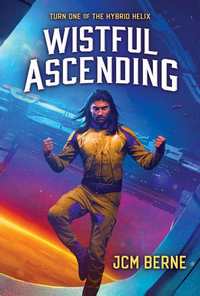
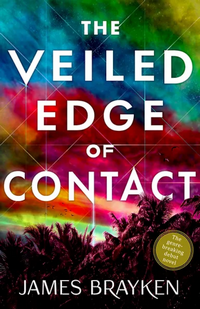

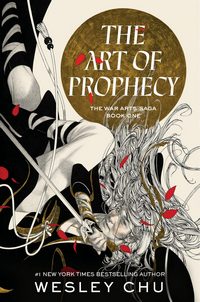

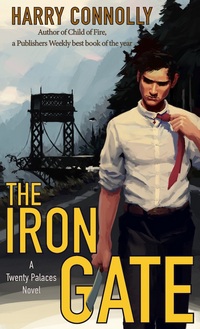
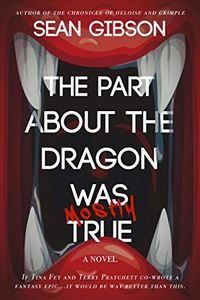
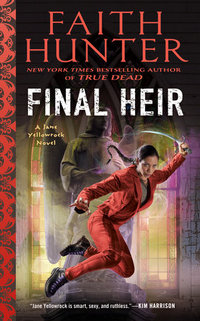
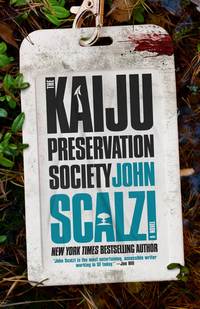
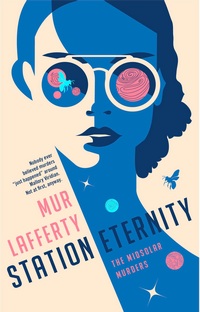
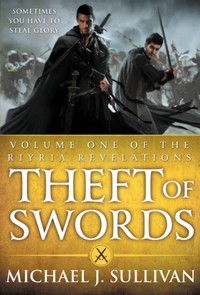
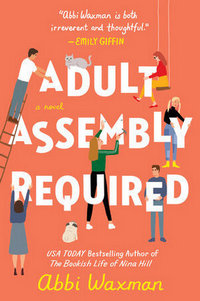



 Grab a book, any book.
Grab a book, any book.